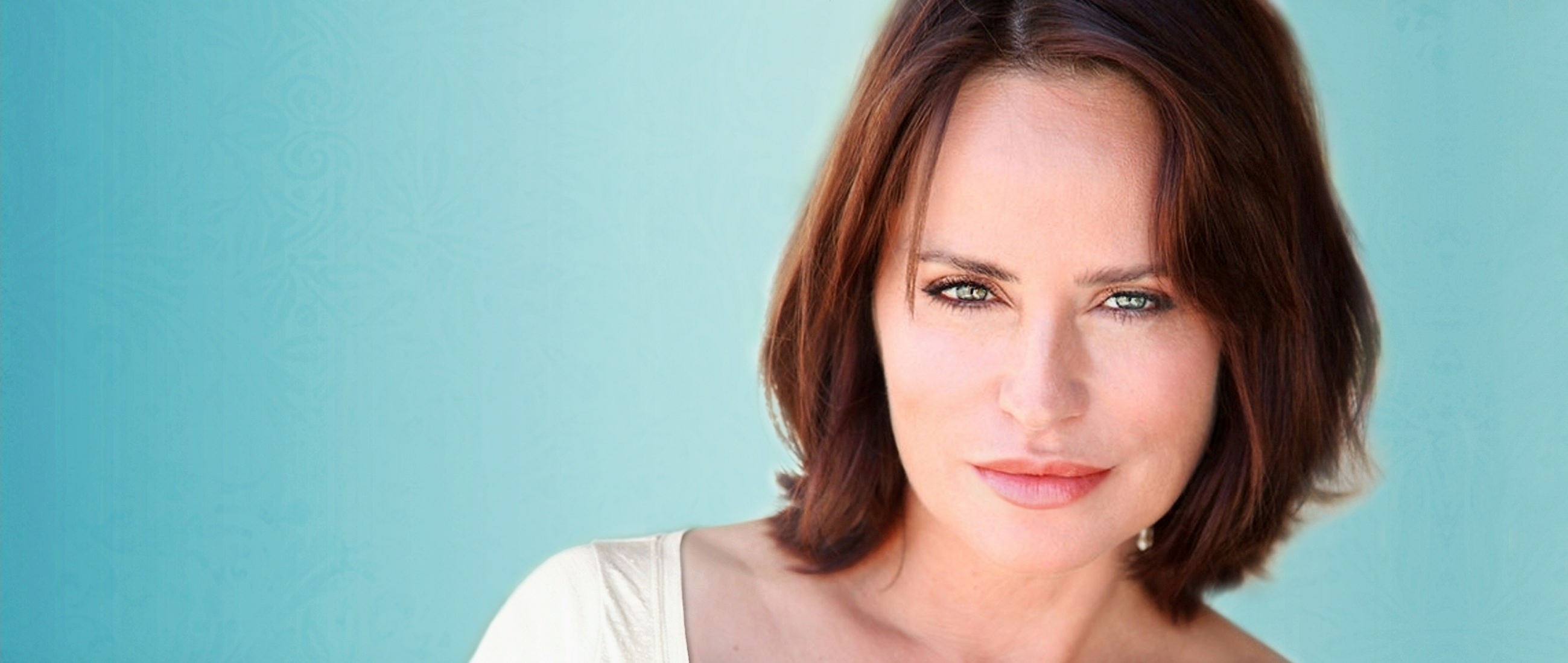
In Their Own Words: Actress/Producer Crystal Chappell of “A Million Happy Nows”
Alzheimer’s disease. It is, sadly, a growing threat in this current era, and has been portrayed in various ways and at various stages by multiple film studios and actors through various media platforms. In light of one recent effort, “Still Alice”, which won Julianne Moore the Oscar, talented actress and producer Crystal Chappell is now presenting what will be an equally poignant and human story to the screen in the form of her independent film “A Million Happy Nows”. Promising a potent, real, and yet hopeful look at this devastating disease, OneFilmFan.com was provided the opportunity to speak with Ms. Chappell about career, experiences on film & T.V., but most importantly, about the new film and the powerful message she hopes it will send to all who view it, and the hope for a cure. So with this, I present our talk with the wonderfully insightful, engaging, and humbly genuine Ms. Crystal Chappell.
One Film Fan: Born on the East Coast, Silver Spring, MD to be exact. In those initial years, what was it that drew you to acting in general that then lead to it being a career choice?
Crystal Chappell: Well, I was a pretty voracious reader as a kid, so for me it was all about characters and imagining myself as those characters. I was always living somebody else’s life, I think! (Laughs) It was fascinating and stories were wonderful. I have always been drawn to that. So, as I went through school I wrote poetry, creative writing, and it was always about the story or the imagery. And I’m a very pragmatic thinker, I approach things very practically, so acting as a career certainly didn’t seem like the smartest choice.
But I figured, at that point, I had a bit of a computer science background and journalism, and I thought, well, I am at that age where I could take a few risks. Honestly, I just sort of got lucky, made some stuff happen, and I ended up with a career, which has been fantastic. Certainly more fun than I would imagine computer science being. But what’s ironic is that as I’ve moved out of the daytime world, I’m heavily into computers again, with online programming and everything going on, so I’ve kind of come full circle.
O.F.F.: How did you further learn the art (ie: mentors, influences, and schooling)?
C.C.: I studied with Sanford Meisner coming out of college. I found the book he wrote called “Sanford Meisner On Acting” and ended up falling in with this group. We studied in the West Indies for a month with him, and then I was selected to go back and work with him in Los Angeles, hence I moved from New York to L.A. at that point. It was really after my first year with him that I did the “agent” routine and got a job pretty quickly. So his influence helped me tremendously, working with him was extremely helpful.
I had this amazing moment, as he has such a history with actors, directors, and people in the business. Sydney Pollack! We reached out–well, I reached out to him—to give him an understanding of what I was trying to do. He ended up inviting me to his office and we sat for a good 45 minutes both talking about how much “Sandy” scared us! (Laughs) So, it was a really interesting crossing of paths. Nicest guy. But it was all about that specific connection and what an influence it had on his life obviously and then mine as well. So that was a huge turning point for me, as Sandy gave me the confidence to believe I could do anything.
O.F.F.: Having been on “One Life To Live”, “Santa Barbara”, “Guiding Light”, “Days Of Our Lives”, “The Bold & The Beautiful”, and currently “Venice the Series” (which you also direct through your company, Open Book Productions!). It’s a Soap Opera life! What has the experience been overall being involved in that medium for 25 years now?
C.C.: I think every job is different. It was a wonderful day job as an actor, as day jobs go, because you don’t have that when you’re freelancing or going job to job. It’s all so wonderful, but the day job was my thing where I could get some experience, watch what other people were doing on the other side of the camera, which I was very interested in, and meet some incredible, talented people. But also, because the schedule could be very, very crazy or be very light, you had large amounts of time to explore other interests.
So it was fun to go in and do the job and have fun with some really beautiful stories, sometimes really funny stories, and sometimes really crazy stories. We’ve done time travel, we’ve done buried alive, things that are just so “out there”, but when are you going to get the opportunity to do that? It’s so much fun. So it’s afforded me the freedom to be able to be interested in creating a web series or writing my own stories. It’s a huge influence in the area I’m in now.
O.F.F.: Now, I also see you’ve done multiple TV movies and two feature films, with another upcoming we’ll get to in a moment. TV vs. film roles. Preference of one over the other, or have you valued each the same as an actress?
C.C.: You know, I think it’s all story and character. That’s what I’m attracted to, whether it’s T.V., film, or even creating online content, and it’s amazing in the challenge to find good story and good character, especially for a woman in the business. It’s very different. So to have some control over that, and it doesn’t matter what platform it’s on. I’m absolutely interested in the story. And I’ve found also with my other ladies, actresses, out there that we’re very much of the same mindset, that it’s really about what’s the character and what’s the story that we’re telling.
O.F.F.: I’ve found that in my personal exploration of the independent film world over the last several years that it truly is the medium for great stories and great characters to be developed, and a chance for actors to REALLY act. Has that been your experience?
C.C.: Oh absolutely, absolutely. The film, “A Million Happy Nows”, is a very character-driven film. I mean, sometimes, it’s just budget that dictates that. But in this particular case, it’s the issue of Alzheimer’s. So it is very true that in the independent world there’s much more room for stretching your acting muscles and exerting that creative energy. It’s really fulfilling.
O.F.F.: A perfect lead-in! Onto your current project, the feature film “A Million Happy Nows”, currently in post-production. What first drew you to this film overall?
C.C.: Well, I’ve had a very unique experience. I had somebody reach out to me, a writer, Marisa Calin, who wrote the script. She was a fan from a storyline that I did on the soap opera “Guiding Light”, which actually inspired my online projects. And so she asked me if I would be interested, if she wrote me a script and handed me a budget, to star and produce it. That never happens, I’m pretty sure! (Laughs) So it was that unique experience that she found us. That was in May of 2013, but I was doing something else, I had another project that year. So we really started talking last year.
And it was always about Alzheimer’s, as her grandmother suffers from it, and as we know, it’s more prevalent in women and it is genetic, hereditary. So it’s something very close to Marisa’s heart. So it was always about that, but she’s been amazingly generous in allowing me to work with her on some of the script points, structure, things like that. So, it really started with that and it just sort of grew, went into pre-production around April/May of 2014, and then principal photography in October for 21 days. So it’s just been one of those really wonderful, different opportunities.
As you know, I’ve produced before, but this is a completely different animal. There’s that joke on an actor’s resume–that you should put down things that you can actually do, but there’s always that one thing like “Can you ride a horse?” “Of course I can! Someone’s pulled me along on a horse before.” “But can you actually ride a horse?” right? “Yeah!” So she came to me and said “I know you’ve produced online content, can you produce a film?” “Yes, I can produce a film!” So that means going into the unions and getting a little more educated, and I’m still getting educated, I’m loving it all, even if it means getting up at 2:45am!
O.F.F.: Tell us about the character, Lainey Allen, you play in it.
C.C.: She’s a soap opera star, diva, and she finds herself losing track of her lines, not being able to remember very simple things. And of course timing’s all about writing. So she decides to retire, basically, because she sees herself getting “back burnered” and she has some sense of what’s going on. She and her partner move out of town, someplace less stressful, and that’s really when things start to happen. She’s hoping it’s just retirement that would send anyone into a spin, but she knows deep down there’s a 50% chance it’s early-onset Alzheimer’s disease.
That’s what she’s diagnosed with, and then it’s really how her and her partner of 10 years, who’s going to become her caregiver, deal with the time they have left and how they choose to plan for the future. It’s heart-wrenching, obviously, but we’ve also tried to really lay in the importance of the “now”, the importance of relationship, love, and laughter. It became “A Million Happy Nows” because that’s what these two people choose to do, to create memories, to create diaries, to create something that the caregiver can hold onto, you know? So, yeah, I’m in the middle of it and I’m tearing up. It’s powerful.
O.F.F.: Given the thematic element of dealing with Alzheimer’s, how was it to get into the headspace of a character facing the disease as Lainey is?
C.C.: It’s interesting, because I came out of the room producing–I’m very specific about what I want! (Laughs) My poor mother! “I want that, that, that, and that!” So it’s interesting to have to give up complete control, knowledge, and where you are. That was something I was prepared to do going into this film. I spent a year working with the wonderful people at the Alzheimer’s Association, Southern California Chapter. They allowed me to come in and observe groups, caregivers with their person, and they allowed me to go on field trips, and I was able to speak with many people within the Alzheimer’s Association.
It’s was just very hard to see, as it’s a very difficult journey for the patient, but especially the caregiver. So to get on set, I knew I was going to have to hand over the bigger decisions to people whom I trusted and just let myself be in this space, and give up the rest. And that was a challenge for me, someone who’s extremely Type A, but there’s also the challenge of letting go, and being committed to that. I didn’t like pretending to be feeling so frustrated at not being able to remember anything. I didn’t like pretending to do that.
O.F.F.: The two women’s romantic relationship is evidenced in the movie’s trailer, but appears to not in itself dominate the story, as this is much more about one close friend being there for another during a very hard time. Would you say that is true in the film?
C.C.: It isn’t about their relationship or the fact that they’re two women, not at all. They love each other, but it’s about this disease from the beginning to the end. It focuses on the disease and how two people choose to deal with it together. That is the primary focus. Everything else is just secondary, it’s not the issue, and it’s not the highlight.
O.F.F.: You are serving as both co-lead actress as well as a producer on the project. Does wearing multiple “hats” make it a bigger challenge when also having to act as well?
C.C.: Oh sure! I am also Line Producer, so I would have moments where I’d have to go into my dressing room and do payroll! (Laughs) But you know what, the good part about it is, even though with a very small budget, and a time-table we had to adhere to, and I was calling the days, we had a structure that allowed us some room and allowed me to be off. I would be able to finish what I had to do and then go and do other people’s turnarounds and things like that. It was challenging, certainly, but when I’m focused, I can usually flip a switch. But most certainly challenging!
There were so many people on that set doing more than one job. (Laughs) We had a lovely crew, and my producers were all doing multiple jobs. It’s like you were mentioning previously, that indie vibe, you have to do things beyond your designated job title. And it’s still challenging! (Laughs) But it’s absolutely getting there. It was 21 days of shooting and I was very aware of it! Again, I had to hand over some responsibilities to other people so I could be fair, too.
O.F.F.: How was it working again with longtime friend and co-star Jessica Leccia in addition to the other supporting players?
C.C.: Oh, I work with those folks all the time and I absolutely love them! Jessica is just—if she hadn’t been willing to go along on this really incredible journey with me we wouldn’t be talking right now, you know? She’s so available, and beautiful, and talented. We’re great friends and it’s fun to get together once a year and do a project! (Laughs) And we really do! We’re so busy with our lives and our children, so we get together once a year and we make a show of some kind, it’s completely fun.
And the same with the rest of the cast. I met some new people with the film. Hilary Smith, who was on “One Life To Live” for many years, is one of my producers. She’s my right hand in terms of post-production. So it’s great! I actually use the same crew and we’ve been working together for five years. So we’ve all just kind of grown up together. There’s a trust that grows, and I can understand why directors use the same casting directors over and over. There’s that trust that develops, and because it’s so stressful and there’s so much to do, it’s nice not to have to worry about certain things. So I get that, and it’s really great to have.
O.F.F.: Additionally, how was working with the prolific Albert Alarr directing?
C.C.: (Laughs) He’s fantastic! I’ve known Albert for a few years. He’s an artist, you know? There’s so many people who can live in Hollywood, the Hollywood life, and get caught up in the business part of it. You have to be careful not to lose your muse. That’s one of things I’ve always appreciated about Albert, is that he’s an artist. We can sit and talk, he has these great ideas and vision. At the same time, we can also butt heads over creative differences and figure out a way to solve a problem. And that is equally as important I think. Plus, he’s totally open to the collective experience. He cares about what other people think and it makes for very good experience on set, a very creative one.
O.F.F.: My understanding is that you have worked very closely with the Alzheimer’s Association in regard to this film and have the support of some BIG names in the industry, including producer Trevor Albert, director James Keach, several actors, and others. That has to feel great to get this kind of interest and backing for the film, right?
C.C.: Well it is, as this again is a really unique story, with regards to Trevor Albert and his wife, Lindsay. We met them because we were looking for a location, and I don’t remember which site it was, where you can get a summer rental (home). Originally, the script was written so the two women are at the beach, it’s a beach house. So I was looking at everything on the water. It was writer Marisa Calin who, out of all of these ideas, sent me this house that was up on a bluff, saying “this is a new take on this, but I kind of like the isolation of this house, and how it relates to the story”.
So we reached out to the owner, and it happened to be Trevor Albert! So we got on the phone with his lovely wife, Lindsay, and she was saying “Well, this is interesting”, she didn’t know what the film was about, “my husband just finished a documentary about Glen Campbell (who has Alzheimer’s) called “I’ll Be Me”. And I thought that’s really cool, so we all got on the phone and I said “You know, I don’t know if you all believe in this stuff, but this was a totally random connection, and I think we’re meant to shoot in your house”. (Laughs) And Trevor was totally cool, as they were going to rent the house anyway, so we got things done and ended up shooting in their house for 12 days.
So I’ve become a big fan of him and his work, the documentary. And PRIOR to this, we had had a meeting with the Alzheimer’s Association and they had asked us if we knew who Trevor was! And this, again, was prior to us even looking for a house online! And she was like, “well maybe you should talk to Trevor Albert”. So all of that was totally random, how that worked out. But yes, he and his family have been incredibly generous, letting us come into their house, and we had a very tiny budget, so they were very accommodating. Just their support, his company, he’s been just terrific. It’s obviously been a very important cause and he’s just been very helpful.
O.F.F.: When is the film slated to become available, in what formats, and how much do you hope it raises awareness of Alzheimer’s disease?
C.C.: Well, we’re hoping to have it released early next year, 2016. We’re looking at some Film Festivals. In theaters, obviously, is where we want to have it go to, and we’ve had some interest from a couple distribution companies who reached out a few months ago. So we’ll see. This is still all very new territory to me. And we’ll be going to people like Trevor Albert and going “Hey!” (Laughs) If he offered—“If you have any questions—“I’d think “Fine. We’ll be in touch!” I always tell people “Don’t offer something, because I’ll take you up on it!” and then you’ll be “Why won’t this woman leave me alone??” “Well, because you said—“.
In terms of awareness, I hope people see and don’t get turned off by the idea that it’s a depressing subject, that they understand it’s something they need to witness, and that the film itself has incredible love in it. And there’s a message that’s important in we have now, and it’s important that we make our present moments all that we can make of them, and make them positive and happy. Because this is it, this is the importance of life, being happy, loving it, but will be fraught with challenges.
And this particular disease needs focus, it needs attention, we need to find a cure for it, as it’s going to affect us in an immensely huge way, within the next 5 years. It’s growing, and it will affect families, our economy, it’s growing rapidly. So unless we do something about it, it could be pretty overwhelming. I actually had another interesting, weird connection—I had the privilege of talking to a guy names Henry McCance, who started an organization called Cure Alzheimer’s, a pure research effort, as his wife Allison has had it for about 15 years.
A mutual friend connected us, and I was on the phone for about an hour talking to him on his way to a Red Sox game, attending it with Dr. Rudolph Tanzi, who’s the leading research neurologist for Alzheimer’s, and who was written up in Time Magazine just earlier this year as one of the top influencers because of his research. He’s been taking brain cells and growing them in petri dishes in order to test what Alzheimer’s does to the brain and potentially fine a cure for it. So I’ve had these incredible connections with resources from all of these amazing people who are doing great work, the good work. So I hope the film shows just a little of what’s going on out there, that it’s something they need to keep their eyes on, and help with. Look, I’ve got big dreams! I’m hoping that this little film will help give people some direction and be able to work to find a cure. I am confident we’re going to find a cure.
O.F.F.: And so it’s even more important that the film is seen as much more than just some form of entertainment.
C.C.: Yeah, me, too. It’s important. I believe things happen for a reason, people come into your life for a reason. I, personally and that I know of, have had to deal with a family member who has this disease, which I think is pretty rare. Years ago, my husband volunteered as a caregiver for an Alzheimer’s patient. He would do it in between jobs. Beyond that I’ve had no connection. Since this has come into my life, all of these things have happened. There’s a reason for it. So I’m very proud of the film and most certainly hope people see it beyond just entertainment.
O.F.F.: So what’s next for Open Book Productions, once this current journey has run its course?
C.C.: Sometimes it feels like it doesn’t end! It just keep going! So I might still be doing this! (Laughs) We’re shooting our fifth and final season of “Venice the Series” in the Fall. Next year, I have a couple of projects that aren’t finalized yet, but it involves online content for some brand names. Beyond that, I put a cap on my first feature film screenplay. I’m totally fascinated by the thriller/horror genre. I know that sounds crazy, but I love watching scary movies! I have never written one, and I think I have this idea that I’m going to write and try to get it done. Yeah, so we’ll see if I can scare myself! I’m not a “blood & guts” girl. It’s more psychological, thriller, metaphysical, realm stuff. We’ll see!
O.F.F.: It’s the question we all ask to end. What is YOUR favorite film of all time? Why?
C.C.: Ha! Golly. I’ve always said “The Sound of Music”. Like, I went to the Hollywood Bowl Sing-A-Long! (Laughs) But for me, I’ve always loved musical theater. It’s the whole family aspect of it, the blending of the family, two people falling in love, her blushing when she’s dancing in his arms, I love the Austrian Alps, you know? It’s just one of those movies that I’m always drawn to. Besides that, I’m a huge Katherine Hepburn fan. Always loved “Philadelphia Story”, just that beautiful, fun banter. I think the love stories are just my thing, you know?
Actually, Crystal, we do know and our hearts are right there with you! An incredible talent we find here and to see this talent utilized to bring a potent and realistic light to a deadly disease and those that fight against it is nothing short of inspiring. So keep watching, folks, as it truly seems like we are all in for one amazing independent film effort that will be more than worthy of supporting now and going forward. In the meantime, speaking of keeping up with Crystal and the film, check out the following resources to do that and to learn more about Alzheimer’s:
“Follow” Crystal on her Twitter account: here
“Like” Crystal’s Facebook Page: here
Check out Crystal’s website: here
Check out the film’s website: here
“Like” the film’s Facebook Page: here
Check out the Alzheimer’s Association’s website: here
Check out the Cure Alzheimer’s website: here
A huge OneFilmFan.com “Thank you!!” to Crystal Chappell for her willingness to do this interview and be a part of such an awesome film and helping to bring it to life! So, to all the readers, a special “Thank you!” to you as well! Spread the word, hope you come back for more interviews and film reviews plus who knows what else might come across the path. Until next time, then!

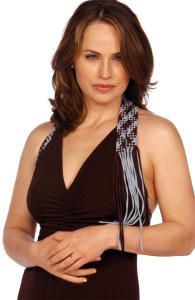
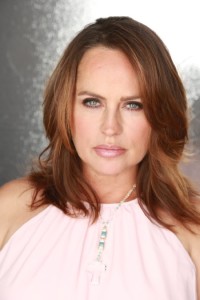
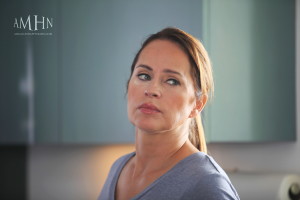
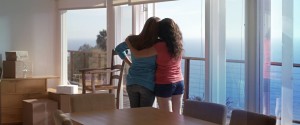
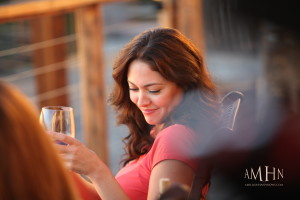
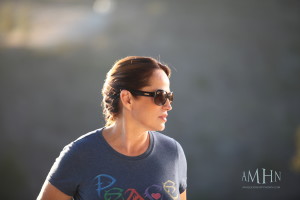
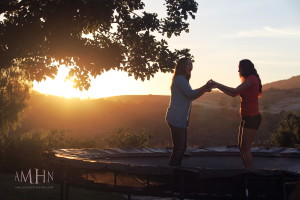
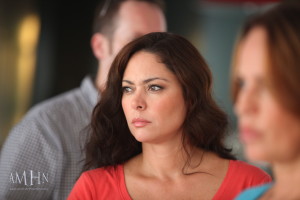

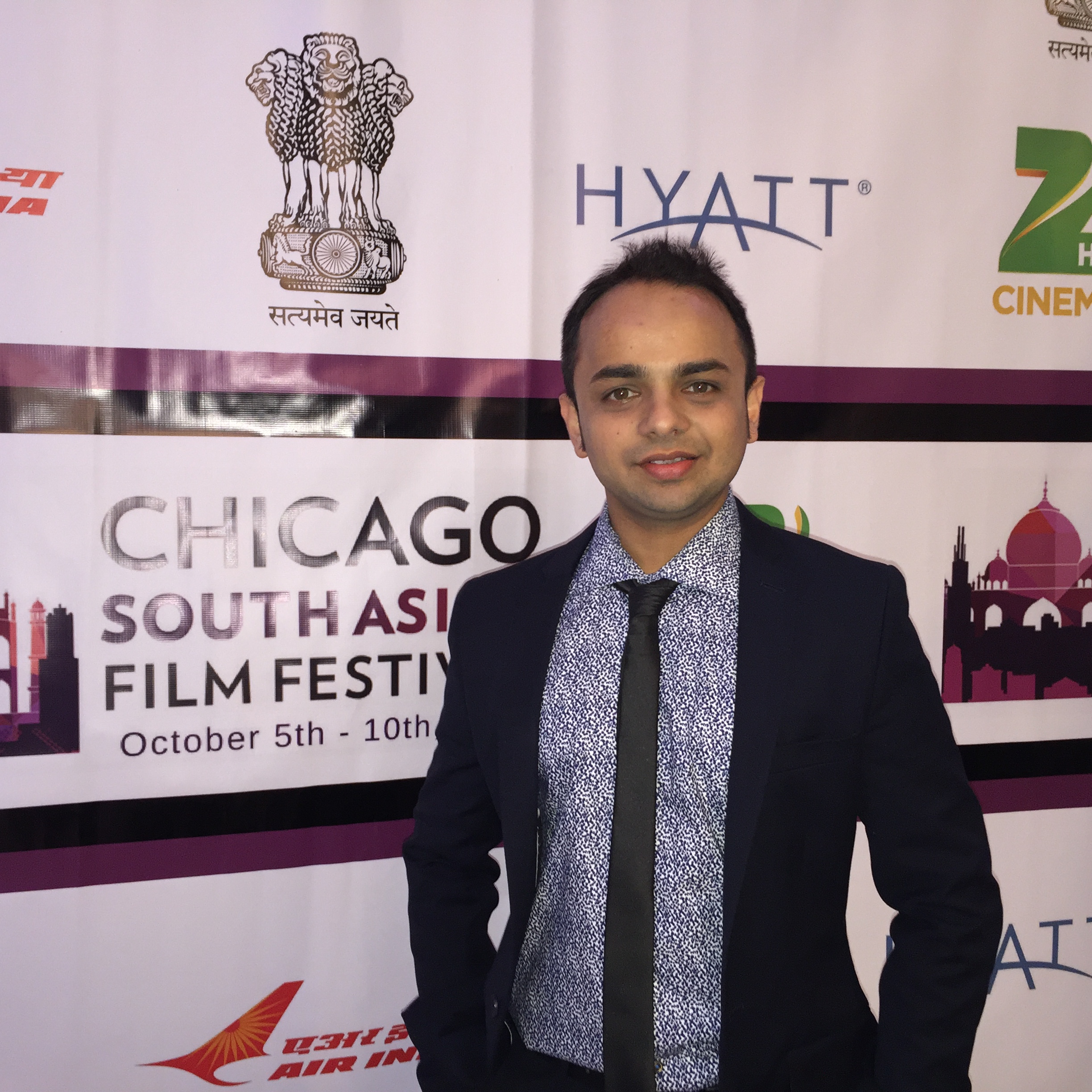
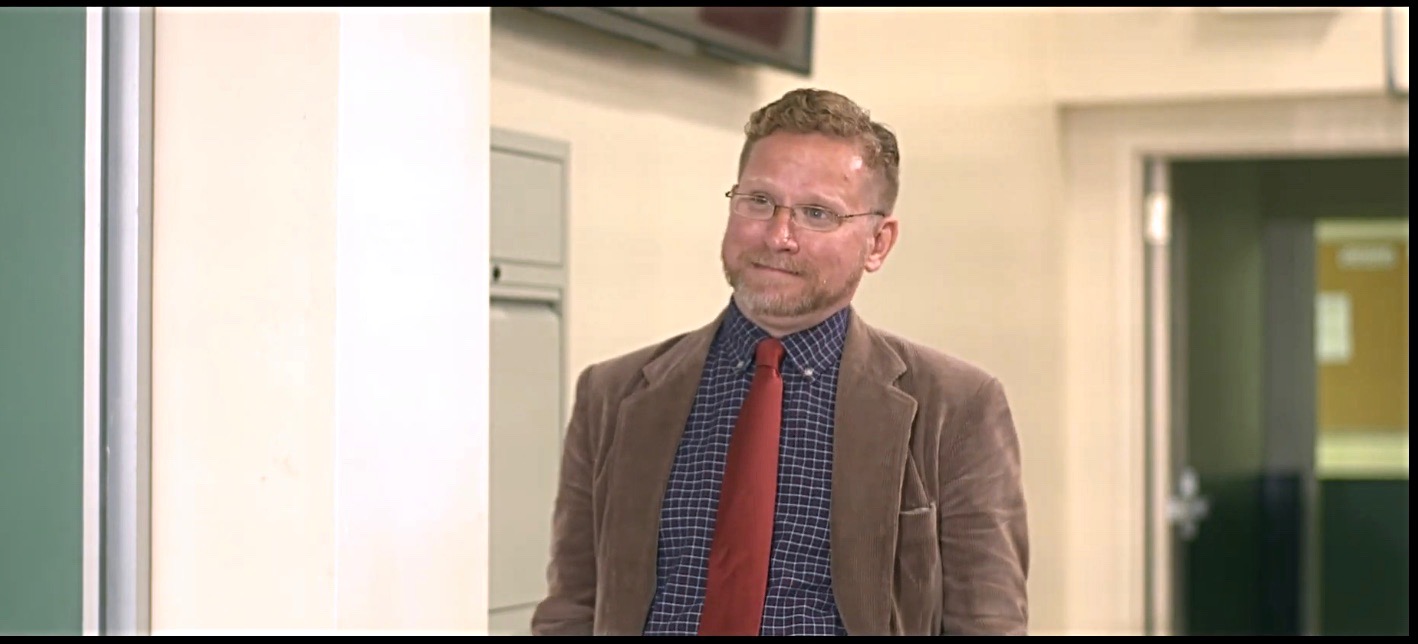
Really great interview!! Such an important subject really looking forward to the movie! Crystal takes on incredibly brave content and puts her heart & soul into hitting it out of the park!
I read the interview that Crystal Chappell was saying about the movie. It is great movie I can’t wait to see the rest of the movie. It is happy and sad.
Would the movie be on a C.D or just in theatre.
For years I have felt alone and isolated in my grief for my dearest friend of thirty years. She was a concert pianist who received a scholarship to Juilliard and music was her life. As a child prodigy of 9 she played with the New York Philharmonic . It was devastating when she began to lose her ability to memorize music. The tricky thing was that she couldn’t grasp the fact that she was changing.She tried to continue on with her life and then it got dangerous. She got lost, she got into a stranger’s car and finally she had to live in a nursing home. This all started when she was only in her early 50’s. She has been gone for 6 years now and I miss her every day. She was such a dynamic and talented person. They say that life isn’t fair but it is still good and I am so glad I had her in my life. Thank you for bringing this to the forefront of our consciousness .
I read your interview with CC.
I cannot wait to see this movie, I watch my grandmother with Azl.It is very difficult on the care taker, once diagnosis discover, the progression increase rapidly. She is such a great actress.
Thanks for sharing this interview with us all.
OMG!! Crystal did it again. Brilliance is hard to find, but when you put Crystal Chappell in the mix, its so easy. An amazing actress, and i know she will deliver, Oscar bound i say. Thank you Marisa Calin for writing such a great script, and i know Crystal and Jessica and the rest will do you proud. Its a GRAND SLAM.. Nelva@trusouljah39.
This was an amazing and inspiring interview with Crystal. She keeps it honest and real and draws you into the storyline and cause. That’s important. We have all had family members and/or friends that have struggled with something profound in life and she feels and understands that. It’s touching and human. For that, I will follow her always. Scarecrow looking forward to seeing this amazing film! Thank you, Crystal.
PS: The Sound of Music! I almost fell over. My fave, too!
This was an amazing and inspiring interview with Crystal. She keeps it honest and real and draws you into the storyline and cause. That’s important. We have all had family members and/or friends that have struggled with something profound in life and she feels and understands that. It’s touching and human. For that, I will follow her always. So looking forward to seeing this amazing film! Thank you, Crystal.
PS: The Sound of Music! I almost fell over. My fave, too!